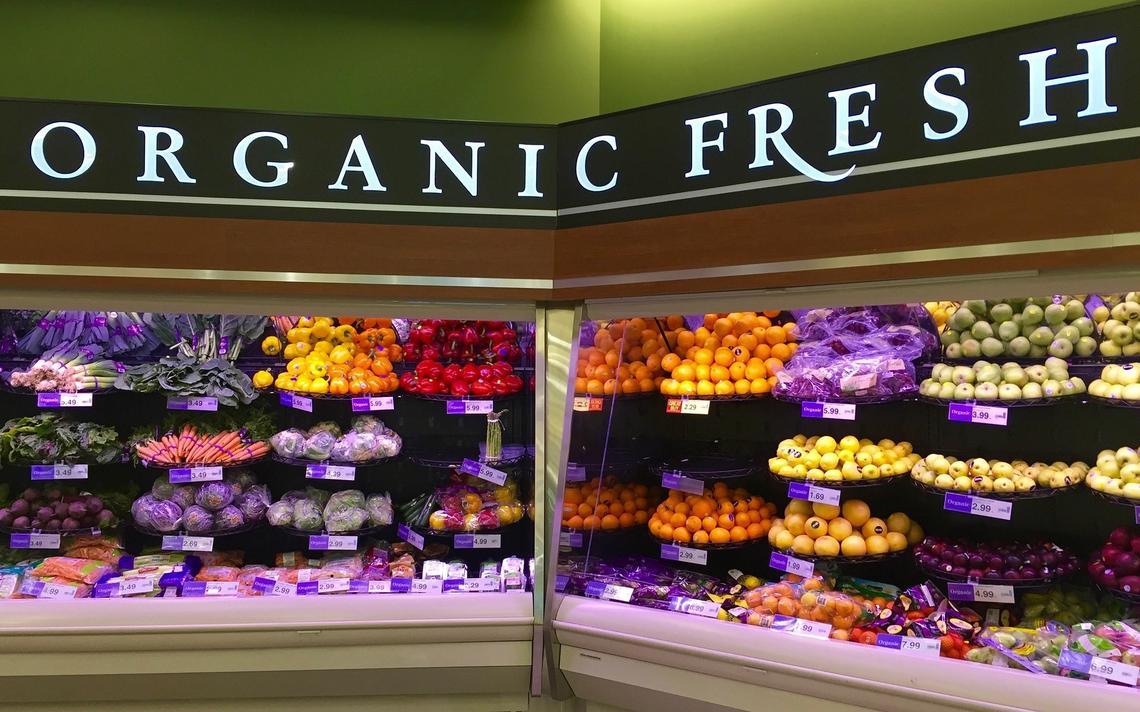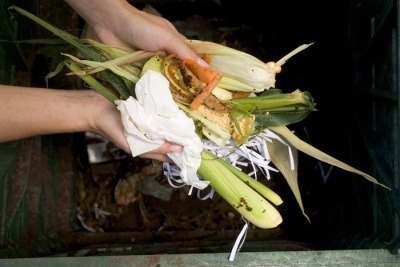Flour, black beans and chicken broth were frequently out of stock on grocery store shelves in 2020, a true rarity — and a partial explanation of why organic food sales soared to a record high last year, according to a new report.
American consumers last year bought $56.4 billion of organic food, 12.4% more than in the previous year, and about 6% of all food consumed in 2020, according to the new annual report from the Organic Trade Association, or OTA, a national trade group.
To put that increase in perspective: It was nearly more than double the 5% increase in organic sales from 2018 to 2019. Credit the COVID-19 pandemic.
"The pandemic caused abrupt changes in all of our lives. We’ve been eating at home with our families, and often cooking three meals a day. Good, healthy food has never been more important, and consumers have increasingly sought out the Organic label. Organic purchases have skyrocketed as shoppers choose high-quality organic to feed and nourish their families,” Laura Batcha, CEO and executive director of the Organic Trade Association, said in a written statement
Demand for organic was so strong that even flour, black beans and chicken broth couldn't be kept stocked at grocery stores, the OTA said.
Sales of frozen and canned fruits and vegetables were particularly strong, rising by more than 28%. And rising sales of food prepared at home led to a 30% increase in sales of organic flours and baked goods.
Three other categories that showed significant increases in 2021:
Total U.S. organic sales, which included both food and non-food products, rose to a record $61.9 billion. Leading the way, not surprisingly, were greater sales of organic items tied to personal hygiene, hand sanitizers and cleaning products. Sales of organic household products saw record growth of 20%.
But one major problem, albeit one that most industries would be glad to have, plagued the organic industry in 2020: supply constraints.
“The only thing that constrained growth in the organic food sector was supply,” Angela Jagiello, director of education and insights for the Organic Trade Association, said in a written statement. “Across all the organic categories, growth was limited by supply, causing producers, distributors, retailers and brands to wonder where numbers would have peaked if supply could have been met.”
It's highly unlikely that the big pandemic-fueled organic sales increases of 2020 can be maintained. But sales in 2021 and beyond will remain strong, Batcha said.
“We’ve seen a great many changes during the pandemic, and some of them are here to stay,” Batcha said. “What’s come out of COVID is a renewed awareness of the importance of maintaining our health, and the important role of nutritious food. For more and more consumers, that means organic. We’ll be eating in restaurants again, but many of us will also be eating and cooking more at home."
"We’ll see more organic everywhere — in the stores and on our plates," she said.
Organic food sales soar in 2020, report finds – Park Rapids Enterprise




